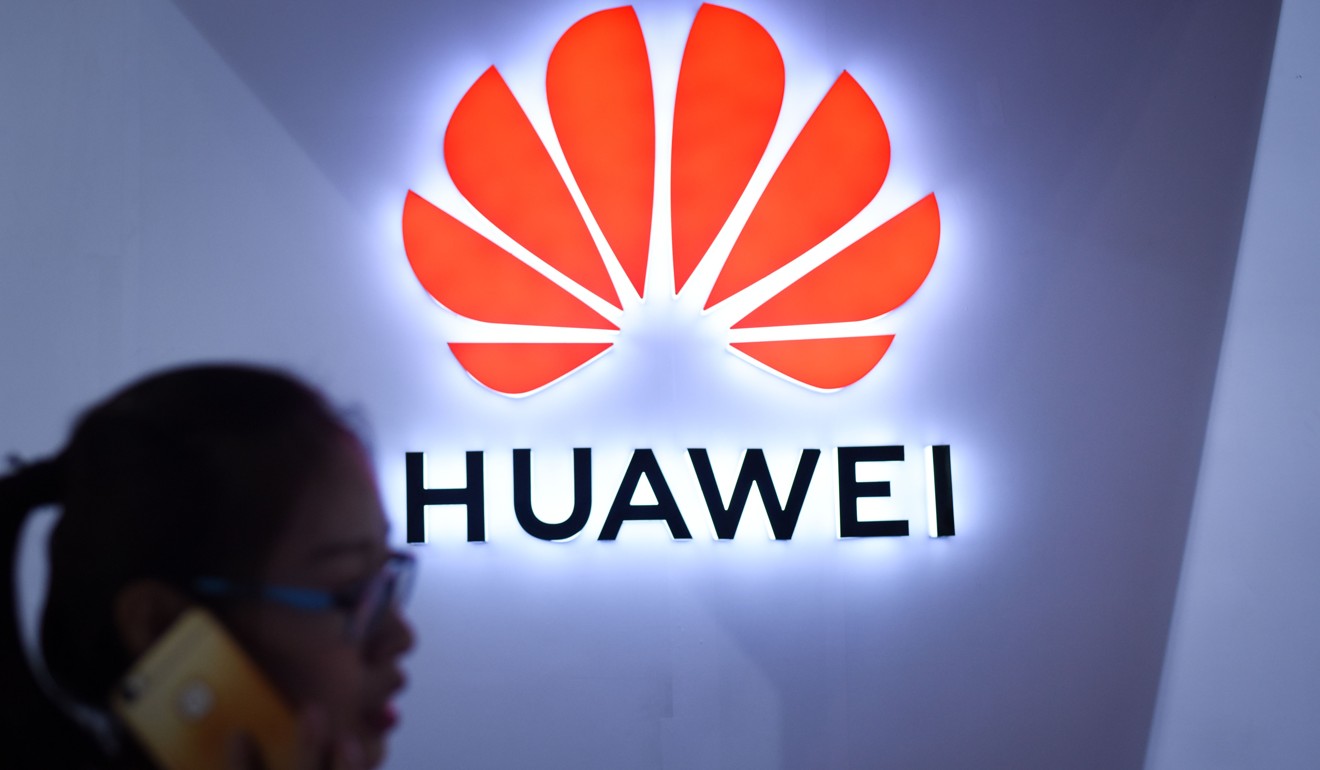
Huawei’s banned, but where’s the backlash in New Zealand?
- Sources say there has been no uptick in overt racism or economic turbulence
- But some observers feel the country has been caught up in the US-China trade war, and there has been more debate over Beijing’s ties with Wellington
The latest dispute – in this case involving a fledgling 5G network, new cybertechnology and perceived national security concerns – came after a challenging two years of diplomatic ties that have been tested by allegations of economic espionage, questionable political donations and at least one instance of physical intimidation.
Even so, public reaction to the ban on Huawei has been mixed, with some residents placing pragmatism over politics.
“Business shall just be business,” said Frank Su, a Chinese New Zealander. “Who has better IT solutions, who can offer better services, who can improve internet speed? Why stop dealing with [Huawei]?”
Tech giant Huawei banned from New Zealand’s 5G network over ‘significant’ security risks
The recent controversy involves Spark New Zealand, a local telecoms operator, which on Wednesday was blocked by the government from using Huawei equipment for a new 5G network. Spark said it had been told by Andrew Hampton, director general of the Government Communications Security Bureau (GCSB), that it was not allowed to use Huawei’s 5G equipment because it would “raise significant national security risks”.
Australia this year also blocked Huawei from providing 5G technology on national security grounds.
New Zealand’s ban drew a quick backlash from China’s state-run news media. Officials told the Global Times the move would “only hurt [New Zealand’s] industry and consumers” and called for a “level playing field for Chinese companies”.

New Zealand did not clarify the extent of the security threat, saying only there were risks with the use of the technology but details were classified. By Thursday, Wellington had altered its original assessment, saying the ban was due to technical issues.
Some users who tried to submit comments about the Huawei ban on Chinese website Skykiwi.com received an error message that said the content of their comment was “illegal”.
One of these users was Fergus Ryan, an analyst at ASPI’s International Cyber Policy Centre. Ryan submitted the exact text of a comment supporting the New Zealand government’s decision but received the same error message as the original user.
Only when the comment was rewritten to not directly say “Chinese-made equipment is a threat” did it go through.
New Zealand Prime Minister Jacinda Ardern petitioned to protect China critic who had house and office burgled
Ryan said nothing in his messages was illegal under New Zealand law: “Skykiwi needs to explain why that message was not allowed on their website. It would be extremely disturbing if this was an example of Beijing-style censorship extending beyond China’s borders and into that of a liberal democracy like New Zealand.”
Some observers told This Week In Asia they felt caught in the turmoil of the US-China trade war.
“The issue with Huawei well demonstrates the challenge that New Zealand will be facing as it seeks to balance between two great powers in different policy areas,” said Marc Lanteigne, a senior lecturer in security studies at Massey University.
China is New Zealand’s top trading partner: New Zealand supplies 24 per cent of China’s foreign milk, and China is the largest foreign investor in its dairy sector. China is also New Zealand’s second biggest visitor market, with the government forecasting that China will overtake Australia as its largest tourist market by 2024.

Despite recent diplomatic flare-ups, 2019 is officially the China-New Zealand Year of Tourism, an initiative announced during an official visit by Premier Li Keqiang in 2017. These examples, and others, suggest the bilateral economic ties might be strong enough to withstand episodes like the Huawei ban.
“The damage that China can do to the New Zealand economy in aggregate is wildly exaggerated,” said Simon Chapple, director of the Institute for Governance and Policy Studies at Victoria University of Wellington. “However, certain sectors, such as tourism and export education, are vulnerable.”
Perhaps more important, New Zealand is a member of the “Five Eyes” intelligence alliance, which includes Australia, Canada, Britain and the US. In May, the Canadian Security Intelligence Service published a report labelling New Zealand “a soft underbelly through which to access Five Eyes intelligence”.
Will banning Chinese and other foreign buyers solve homelessness in New Zealand?
“With other members, notably the United States and Australia, becoming more concerned about information- and cybersecurity, New Zealand is trying to balance these differing priorities, a situation made more complicated by the Sino-American trade conflict,” said Lanteigne.
The New Zealand China Council, established in 2012 as part of Wellington’s “NZ Inc Strategy for China”, declined to comment on the Huawei issue.
The setback came amid the outcry over the alleged harassment of Anne-Marie Brady, a professor at the University of Canterbury in Christchurch. Brady, a prominent China critic who wrote a paper called “Magic Weapons: China’s political influence activities under Xi Jinping”, has reported burglaries she claims were “Chinese government-connected”. In November, according to reports, her car was tampered with.

On Monday, Tze Ming Mok, a sociologist who focuses on race, ethnicity and Asian communities, organised an open letter in support of Brady. Signed by 29 academics and human rights advocates, the letter called on New Zealand Prime Minister Jacinda Ardern to take action on China and defend academic freedom.
Mok told the Post she is concerned about the risk faced by Chinese dissidents and critics of the Beijing government in New Zealand. Still, she said the feedback she has received from ethnic Chinese born abroad has been positive.
“They are pleased that the issue of Chinese government influence is getting more prominence in the media, as they resent being lumped together politically with supporters of the Chinese Communist Party,” Mok said.
Australia, New Zealand deploy aircraft to Japan to help enforce North Korea sanctions
Keith Ng, a Wellington-based journalist, told This Week In Asia that even in the face of recent events such as the Brady episode, “there hasn’t been an increase in racism”.
“The response has been very muted so far because nobody wants the China-New Zealand relationship to be defined by these acts of political interference. It would make life quite difficult for the government, for businesses and for Chinese New Zealanders like myself.”
Although there has been no evidence of a widespread racial backlash, allegations of Chinese political interference has led to increased debate about New Zealand’s ties with China.
“In the long term, it seems likely that New Zealanders will end up with a better informed and consequently more wary and less trusting perspective on [China’s] authoritarianism and expansionism,” said Chapple.

